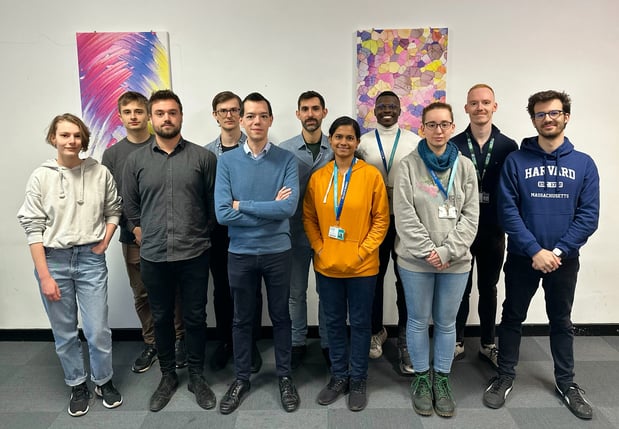University of Greenwich Professor Pioneers Battery Technology for Solar Energy Storage and Anti-HIV Drug Production
Dr Kevin Lam, Professor of Synthetic Electochemistry at the University of Greenwich has been awarded a Distinguished Lectureship by the Chinese Academy of Sciences. His research focuses on replacing toxic and expensive chemicals traditionally used in the synthesis of drugs with green electricity. He has recently undertaken the challenge to couple this with the development of largescale (room size) batteries to store renewable energy.
Dr Kevin Lam said:
‘Let’s take solar panels for example. There is only so much energy the panels can store but the sun can keep providing energy. So how do we maximise capture and storage of renewable energy?’
By storing the energy in the batteries, the solar panels are freed to continue harnessing more. But what happens once the battery is full?
‘Batteries, once charged, are full of electrons, an essential constituent of electricity but also chemistry. If there is no demand for electricity from the battery, it can be used to do chemistry. The battery can spontaneously be converted into an electrolyser which will produce green hydrogen, a valuable product, as well as molecules used in the healthcare sector for example the battery will be able to make lidocaine which is needed in anaesthetic and anti-HIV drugs.’

The batteries can then be recharged again using the renewable energy. Dr Lam believes the idea can be sold to different industries and there is a vast amount of global interest in it and many pharmaceutical companies are getting involved. His project is funded by the European Innovation Council.
Dr Kevin Lam said:
‘HorizonEU grants are incredibly competitive, and so I am beyond thrilled that our consortium managed to secure multi-million funding for our DualFlow project. This sets our research groups and the University of Greenwich as key players in the field of electrosynthesis at the international level. It’s amazing to work with an international team. We have people from Finland, Denmark, Ireland and UK. It does show that there is no border when it comes to science and solving world problems. It is highly inspiring to be part of this adventure, where all the members contribute their expertise in common to tackle one of the most significant challenges of our century: energy.’
This project is an example of the collaborative and important research happening at the University of Greenwich into a clean and green future for all. In fact, this month the university is running a Green Greenwich campaign to highlight all its work to be sustainable, from removing fossil fuel usage in all its buildings and vehicles, to introducing a sustainability module into all courses by 2030 so the students of the future can be leaders in whichever career path they choose.


